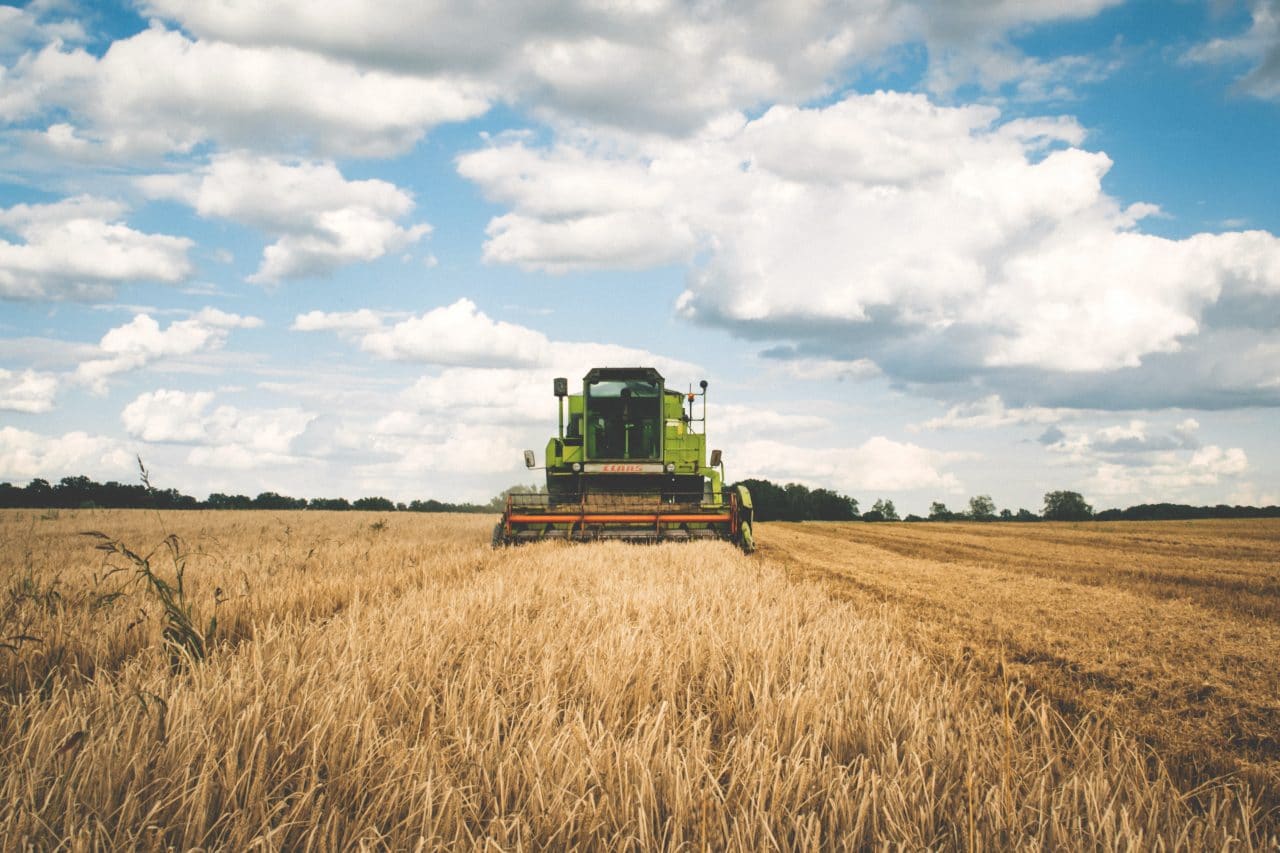In a significant move to fight food poverty and reduce food waste at its source, the Department for Environment, Food and Rural Affairs (Defra) has announced a £13.6 million grant package for 12 food redistribution charities across England. Among the beneficiaries are leading organisations including City Harvest, FareShare, and Food in Community, which are set to collectively rescue an estimated 19,000 tonnes of surplus food directly from farms and redirect it to vulnerable communities.
The funding aims to address the so-called “national waste crop” – the vast quantities of produce grown by UK farmers that fail to meet retailer specifications and are typically destined for animal feed, anaerobic digestion, or landfill. Instead, the grants will support redistribution efforts that bring fresh, nutritious food to food banks, community kitchens, shelters, and cookery projects nationwide.
One standout project supported by this funding is Harvest for Hunger, a City Harvest initiative focused on rescuing farm-level surplus. With Defra’s backing, City Harvest will expand its operations, including its depot capacity, fleet logistics, and volunteer programme, enabling it to collect more food directly from farms and deliver it to people facing food insecurity.
Sarah Calcutt, CEO of City Harvest and a sixth-generation apple farmer, commented on the significance of the funding:
“An ugly apple or a carrot with a bump is still every bit as nutritious and delicious as any other apple or carrot. It is a matter of national pride and efficiency that we make better use of what our incredible British farmers produce.”
Farmers will be able to request free surplus collections via the City Harvest website, making it easier to participate in the fight against food waste and food poverty. The initiative builds on findings from WRAP (The Waste and Resources Action Programme), which estimates that 3.6 million tonnes of food are wasted or go surplus each year, with a market value of around £1.2 billion.
David Gudgeon, Head of External Affairs at Reconomy Connect, welcomed the grants as a vital step toward circular economy principles in food production:
“Initiatives like this not only offer vital support to families facing food insecurity, but also help to retain the highest possible value from our food system, preventing fresh, nutritious produce from going to waste unnecessarily.”
“As we shift away from a throwaway culture, it’s encouraging to see greater alignment between environmental sustainability and social impact, and we hope Defra will consider more action like this to turbocharge circularity in the food production sector.”
The grants come as part of the government’s broader effort to shift away from the nation’s throwaway culture, marked by the establishment of an independent Circular Economy Taskforce. Waste Minister Mary Creagh praised the initiative, stating: “This Government’s Plan for Change is acting on food poverty and tackling Britain’s throwaway culture, ensuring more good food ends up on plates and not in bins.”
“I am delighted to see this support go to 12 outstanding redistribution charities – including City Harvest, who will kickstart their new ‘Harvest for Hunger’ programme, boosting the amount of food they can collect from farm gates and offer to those in our society who need it.””
City Harvest’s recent People Value Report (2023) underscores the urgency of this work, revealing that while a third of all food goes to waste, nearly 20% of the UK population faces food insecurity. With food inflation high and millions struggling to access fresh, nutritious food, the redistribution of surplus farm produce represents both a practical and moral imperative.
Calcutt concluded:
“Fresh food should be a basic right of everyone in Britain and the growth of the Harvest for Hunger scheme takes us another step closer to making that a reality.”




